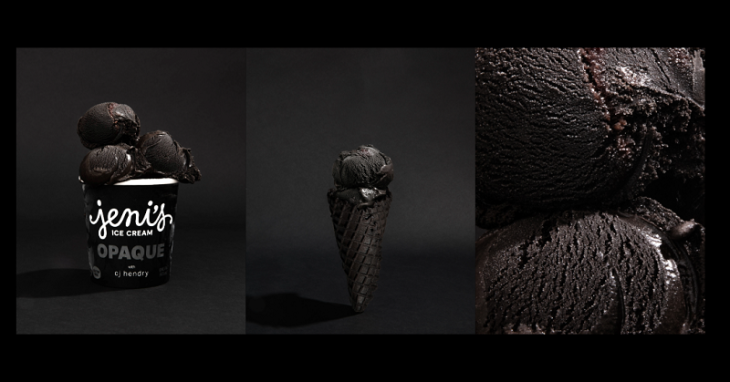
A federal judge today rejected a house arrest recommendation and handed down a six-month prison sentence for an ex-Los Angeles County sheriff’s jail guard, whose bribery case was central to a corruption probe that resulted in nearly a dozen indictments.
Gilbert Michel, 43, abused the public’s trust and “brought shame on the sheriff’s department and law enforcement in general,” U.S. District Judge Percy Anderson said.
The judge said Michel “broke the very laws that he was sworn to uphold and victimized those he was sworn to protect.”
In sentencing the ex-deputy to prison, Anderson rejected a recommendation from federal prosecutors for a four-month term of house arrest.
In papers filed with the court, Assistant U.S. Attorney Lizabeth Rhodes argued that Michel had been “brave enough to tell the public what was happening inside the jails.”
During the three years Michel worked as a guard, “inmate abuse was seemingly rampant and unchecked and corruption went all the way to the top,” the prosecutor wrote.
Michel pleaded guilty in January 2012 to the felony bribery charge and admitted that he accepted $1,500 in exchange for smuggling a cell phone, cigarettes and a note into the downtown Men’s Central Jail for an inmate.
The charge carries a potential 10-year prison sentence, but because of Michel’s early guilty plea and years of “significant” cooperation, prosecutors urged Anderson to show leniency and sentence the ex-lawman to home detention.
As part of his plea agreement, Michel agreed to cooperate, then testified at two trials of sheriff’s officials, including former undersheriff Paul Tanaka’s.
Rhodes wrote that since coming forward, Michel, who resigned from the department in September 2011, has realized that “life the way he lived it” as a rookie jail deputy was “brutish, illegal and wrong.”
But in refusing to grant the prosecution request, Anderson said a period of incarceration was warranted because Michel’s conduct was “reprehensible and a gross abuse of public trust.”
Ultimately, Michel was “no better than the inmates” he was sworn to protect, the judge said.
Michel, who was ordered to self-surrender July 26 to begin serving his sentence, tearfully apologized to his family and “the citizens of Los Angeles County.”
He said that five years ago, “I made a decision that was very wrong — I took a bribe.”
The discovery of the smuggled phone in the hands of the inmate, who was also an FBI informant, subsequently led to multiple convictions of sheriff’s personnel who attempted to thwart a wide-ranging federal investigation of corruption within jail walls.
Anderson said today that the corruption “went right to the top” of the sheriff’s department.
As part of the wide-ranging case, ex-Sheriff Lee Baca pleaded guilty to a federal charge of lying to investigators during the probe. On July 11, Anderson will either accept or reject a plea agreement that calls for a sentence ranging from probation to six months behind bars for the county’s former top law enforcement official.
Tanaka, who was found guilty of conspiracy to obstruct justice and obstruction of justice, is scheduled to be sentenced June 27, with prosecutors recommending a five-year term of imprisonment.
Michel’s attorney, Robert Brode, had essentially agreed with the prosecution’s request for home detention and asked that his client be allowed to leave home for work.
In defense documents, Brode described Michel’s on-the-job training as a guard as consisting of a variety of “illegal and immoral activities, including how to take the law into his own hands, how to abuse inmates without getting caught and how to make extra money illegally by taking bribes.”
However, Anderson indicated today that a sentence of house arrest would not adequately address repeated abuse of inmates.
In his plea, Michel acknowledged agreeing to accept cash in exchange for smuggling the contraband to inmate Anthony Brown. He did not know that Brown was working as a secret FBI informant.
As part of an operation to discover which deputies were susceptible to corruption, Brown let it be known that he had access to large sums of criminally obtained cash and that he had a friend outside jail who would pay a deputy to bring him a cell phone, according to a statement of facts filed in federal court.
Brown gave a number of deputies the phone number to an undercover FBI agent who was acting as the informant’s associate outside, the document shows.
Michel called the number and eventually met with the undercover FBI agent, who gave the deputy a cell phone and a $700 bribe for taking the phone into the jail. Shortly afterward, the inmate called the undercover agent on the cell phone, showing that the deal went through.
Brown only used the phone when Michel was on duty, returning it to him prior to the end of the deputy’s shifts so he could recharge the battery.
The inmate told Michel that he would have the undercover agent give the deputy $2,000 each time Michel gave the inmate the phone.
Later, the undercover agent and Michel met again and the deputy was handed $800 in exchange for bringing the phone and a written message — or jailhouse “kite” — to the inmate.
Soon afterward, sheriff’s deputies discovered the cellphone in Brown’s possession, linked it to the FBI and realized that a secret federal probe was taking place under their noses.
At that point, a cabal of deputies — at Tanaka’s direction — helped conceal the inmate-informant within the jail system to keep Brown from testifying before a 2011 grand jury.
To keep Brown hidden, a now-convicted jail guard used a computer to falsify the inmate’s name and characteristics, never entering fingerprints for the new identities.
Brown was also taken to a cell within a special medical ward, where he was guarded by deputies who refused the informant outside contact, and was moved to a remote sheriff’s substation in San Dimas. The scheme also included an attempt to intimidate an FBI agent assigned to the probe.
In the Brown case, a half-dozen former members of the sheriff’s department were sentenced to prison terms ranging from nearly two years to almost 3 1/2 years for conspiracy to obstruct justice.





















